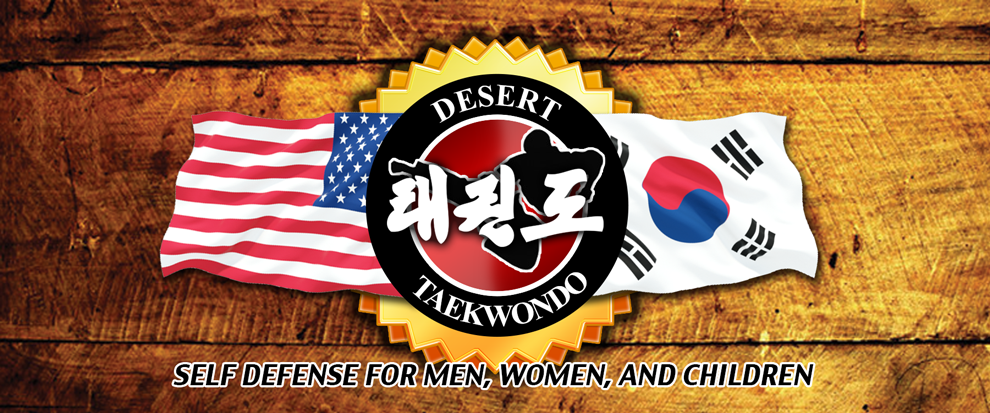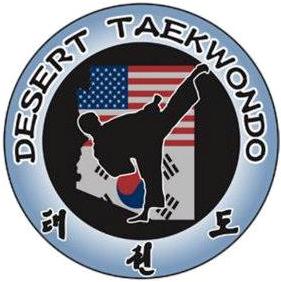How Martial Arts Changed My Life
How Martial Arts Changed My Life
by Master Howard Hu, 4th degree Black Belt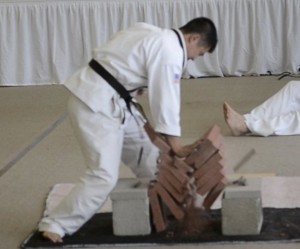
Martial Arts became a popular part of our culture since the mid-‘70s through Hollywood. In the modern day, Martial Arts’ fame rose even higher in the entertainment industry through MMA and UFC. Unfortunately, as it gained its popularity in the modern world, it also created many misinterpretation of what Martial Art’s about. In the Far East where many of these art forms originated, they have a much deeper meaning and discipline behind the training; In fact, it’s a way of life.
I started training in Martial Arts when I was 8. It began as just part of the PE program in school when I still lived in Taiwan. By the age of 10, I moved to Arizona and encountered bullies on a daily basis. While I had no difficulties in dealing with bullying, my parents became greatly concerned for my safety and introduced me to a local Taekwondo studio. At first, I had very little interest in training because like every other children in my age group, I preferred to spend more time playing video games. However, my interest in Martial Arts suddenly sparked when I turned 15 after watching a Korean Taekwondo team demonstration video, the performance just blew my mind away.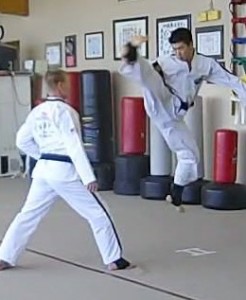
For over two decades, I’ve seen many students come and go. Every student came to the studio with different motivations behind their training. Some students just wanted to learn how to fight or to defend themselves, others just treated it as an extra curriculum activity. Few continued training after they received their black belts and even fewer understood the true value behind Martial Arts training. While the general public believes getting a black belt is a journey’s end, it’s really the beginning. Having a black belt symbolizes the achievement of understanding all the basic fundamentals in every aspect of the art. The training is supposed to continue from this point forward as the practitioner learns to master these fundamentals and not a means to an end.
To really get into the philosophical discussion behind Martial Arts training could take pages, but to briefly touch on the topic one must understand that Martial Art actually involves more mental training than physical. In my personal experience, each time I faced a challenge or even failure, I learned to get back up and keep pushing forward. Every injury I received during training or a match was a learning experience and reminder of the mistakes I made. Once I accomplished learning a technique, I moved on to the next level in order to perfect it even more. I became aware that while talent may possibly be a short cut to a goal, motivation and determination are how true strength is really achieved. As I gradually began to realize all the abilities and skill sets I was gaining, I also developed a sense of responsibility to not misuse what I know. I taught myself to become a better human being and to stay strong both physically and mentally. What I lacked bravery, I compensated by having courage. What I lacked in talent, I achieved through determination. All the lessons I have learned in training have not only shaped me for who I am today, but also allowed me to improve every other aspects of my life.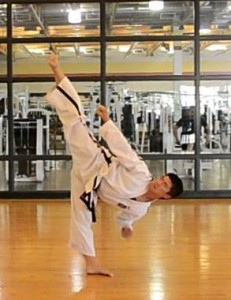
In Chinese, the term Martial Arts (a.k.a. “the Art of Combat”) is pronounced as “Wushu.” (武術) The first character “武“ or “Wu” means Martial or combat, this character also breaks into two other characters…“止戈” which means “to cease conflict.” In other words, Martial Art’s true meaning is the “Art to Cease Conflict.” Not just the conflict we face through violence, but also the struggles we experience throughout our lives. To become a true Martial Artist, one must first learn to truly understand this basic concept.


